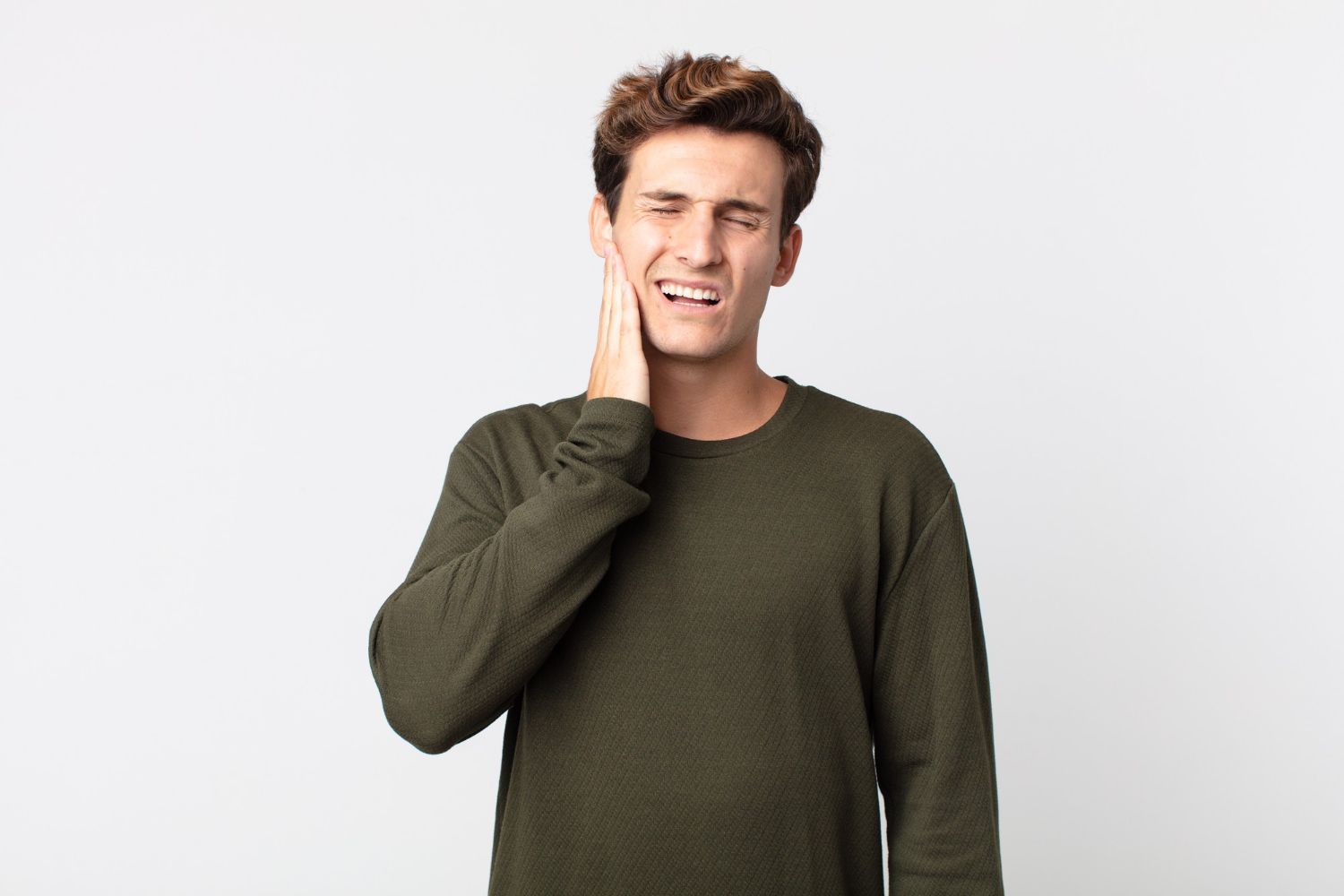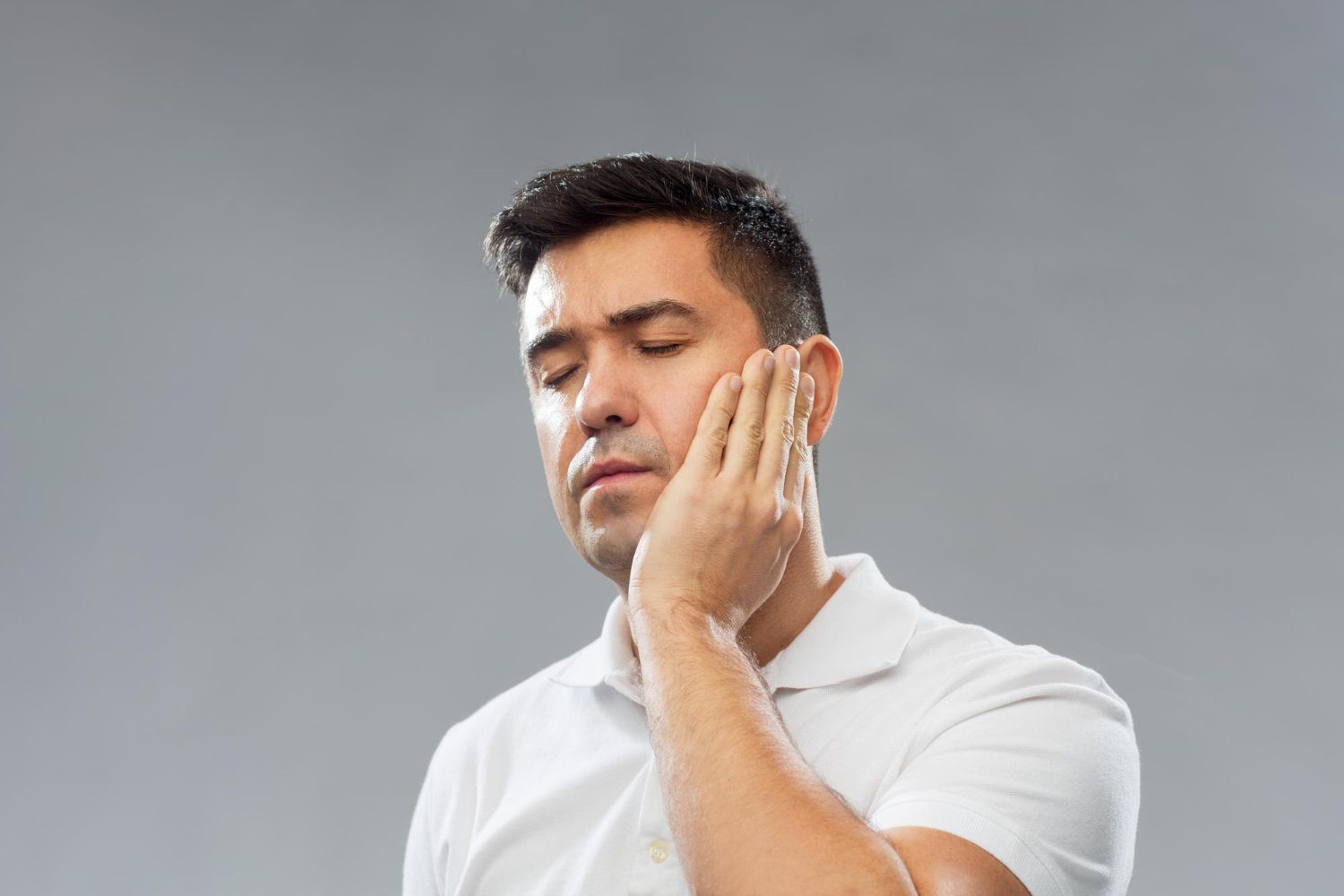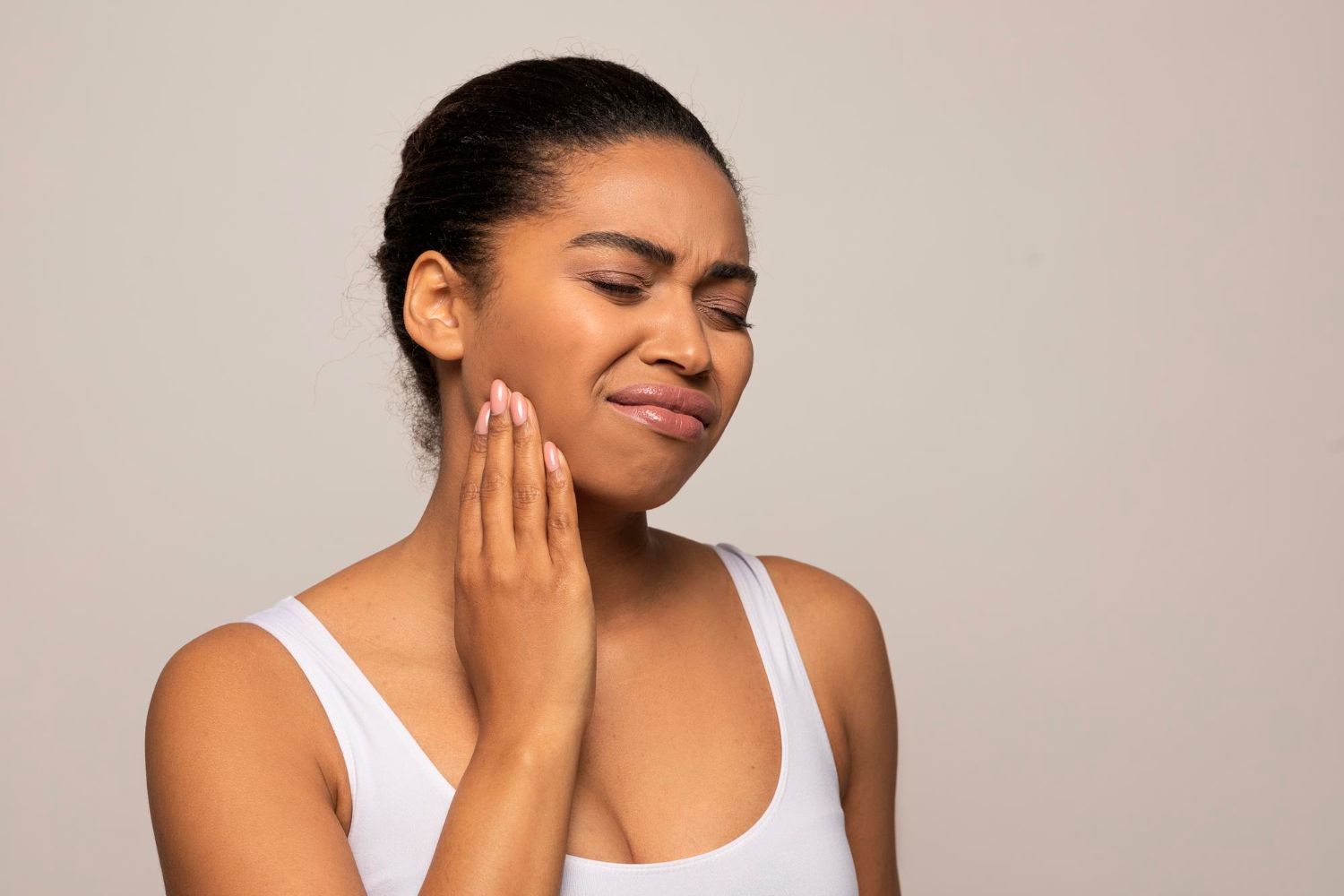What is the Best Treatment for TMJ disorder in Idaho?

Best Treatment for TMJ Disorder in Idaho
Do you have neck discomfort, jaw pain, or both on a regular basis? It's possible that all of your problems are related to the tiny temporomandibular joint (TMJ), which regulates how the mouth opens and shuts.
The TMJ is not given enough credit for being the body's most complicated and frequently used joint. A healthy TMJ allows for effortless jaw motions without effort or pain, yet things can occasionally go wrong. Even though untreated TMJ symptoms can turn into chronic TMJ disorders, only 25% of persons with TMJ issues seek treatment.
Whether you're smiling, laughing, talking, or chewing, you utilize your face daily without giving it any thought. But even those simple motions could be agonizing for you if you have the temporomandibular joint disorder (TMJ).
Fortunately, there are steps you can take from the comfort of your home to help manage and treat temporomandibular joint (TMJ) pain. While most TMD symptoms go away in a few weeks to months, some painful problems can be made worse by specific bad habits or behaviors that put undue strain on the jaw and neck muscles.
Diagnosis
When you visit The Center for Sleep Apnea and TMJ Idaho, our doctor will examine you and talk to you about your TMJ issues and treatment options for sleep apnea and TMJ. They'll probably:
• Pay attention to and feel your jaw as you open and close your mouth.
• Verify the range of motion in your jaw.
• Press on the area around your jaw to feel for any areas of pain or discomfort.
• Our dentist will take X-rays of your teeth and jaw. A CT scan will create detailed images of the bones that make up the joint. An MRI will look for problems with the joint's disk or the surrounding soft tissue.
After a comprehensive examination, we can offer advice on your TMJ syndrome therapies. In modest circumstances, nonsurgical treatments might be utilized to relieve TMJ pain. You'll be surprised at how basic some of these new TMJ treatments are for TMJ conditions.
Maintain a Relaxed Jaw Position
Reduce wide jaw motions, including chewing, yawning, singing, and yelling, as jaw TMJ treatment. Make every effort to keep your muscles as relaxed as possible.
Be Sure to Stand Straight
Sitting for extended amounts of time in an uncomfortable position might exacerbate jaw pain.
Choosing a chair with back support and taking frequent breaks will help you maintain better posture while working. When you're driving, make sure your seat is as upright as it can be; when you're relaxing and doing things like reading or watching TV, choose a spot where you can sit up straight; add a pillow behind your back for support. TMJ condition may benefit greatly from this treatment.
Get a Good Night's Sleep
Sleep is essential for many aspects of good health. One of the best ways to treat TMJ, sleep on your back with a cushion under your neck. If you must sleep on your side, avoid resting your hand on your jaw. Also, avoid sleeping on your stomach. If you are having trouble sleeping, come in and speak to us at the TMJ clinic in Idaho.
Use a Compress, Either Hot or Cold
Both heat and ice can assist in reducing pain and swelling, and heat can also help to ease tension in your jaw muscles. Apply the hot or cold compress you're using to treat your jaw for 15 to 20 minutes at a time, putting a thin layer of skin between them.
Reduce Stress
Try these meditation techniques to help you relax and loosen your jaw. Yoga exercises can also help to ease the stress on your muscles, and gardening is a great hobby to try to relax your face and mind.
Work on Your Jaw
Exercises for the jaw help improve the range of motion in your joints. The following ways to treat TMJ exercises can be combined to relieve pain:
• Stretching exercises;
• muscle-building exercises;
• relaxation exercises
Keep an Eye on Your Bad Habits
Your TMD pain may be brought on by a few of your tendencies. These techniques consist of the following:
You clench your teeth, bite your nails, chew on your cheeks and lips, cover your jaw, and put your hand over your mouth.
Make a list of your daily activities and provide it to your doctor for review. • Teeth bruxism • Rigid jaw muscles, the tongue presses against the teeth. Take note of how frequently you use them.
Avoid Certain Foods and Activities
When performing particular tasks or consuming specific foods, you might have to forcefully open your mouth or move your jaw a lot. The following should not be used as TMJ condition remedies. Yawning or yelling, eating brittle or tough food, taking a big mouthful, chewing food thoroughly, or chewing gum
You will need to return for chronic TMJ therapy if you have tried all of the recommended TMJ treatment alternatives. You can resume living a pain-free, normal life with the aid of jaw pain treatment in Boise, Idaho.
There are a number of treatments for TMJ in Idaho that we offer at The Center for Sleep Apnea and TMJ. Without treatment, TMJ dysfunction symptoms might occasionally go away on their own, but severe TMJ treatment will be needed at some point. Our doctor may advise a number of remedies, typically more than one, to be applied concurrently if your symptoms don't go away.
Medications
Along with other nonsurgical treatments, the following pharmaceutical options could help lessen the pain caused by TMJ disorders:
Painkillers and anti-inflammatory medications. If over-the-counter medications are unsuccessful in relieving your TMJ problems, your doctor or dentist may suggest stronger medicines, such as ibuprofen with prescription strength, for a short time.
Tricyclic antidepressant medications. Similar to amitriptyline, these medications are typically used to treat depression, while they are sometimes sporadically used in small dosages to treat pain, bruxism, and sleeplessness.
Medications that relax the muscles. These drugs are occasionally used to relieve pain caused by TMJ problems caused by muscular spasms for a few days or weeks.
Drug-free TMJ Therapies includes:
Oral braces or mouthguards (occlusal appliances). Wearing a hard or soft device that is placed over one's teeth frequently provides comfort for those with jaw pain, although it is unknown why this is the case.
Physical activity in addition to jaw-muscle stretching and strengthening exercises, treatments may also include ultrasound, moist heat, and ice.
Counseling. By knowing them with the help of education and counseling, you may prevent the circumstances and behaviors that might exacerbate your suffering. These include leaning on your chin, clenching your teeth, and biting your fingernails.
Surgery
A dramatic and last-ditch solution is TMJ surgery. TMJ parts can be switched out, taken out, and in some cases, changed around or corrected. For jaw surgeries, which have a longer recovery time, general anesthesia is employed. This is one of the few TMJ disorder treatments Idaho offers.
The risk of your body rejecting the prosthetic joints, scarring, and loss of jaw movement are just a few of the major risks associated with jaw surgery. The Center for Sleep Apnea and TMJ Idaho thinks about non-invasive, safer, and more economical options first and provides consultations regarding the best non-invasive treatments for TMJ issues.
Even while TMJ issues typically resolve on their own, you should still seek the opinion of a dentist who is knowledgeable about the problem. Our dentist will recommend the best TMJ Therapy in Boise, Idaho. The TMJ clinic in Idaho can provide you with the best advice on how to solve your problems quickly, safely, affordably, and effectively.
Although more conservative methods like bite guards and bite contouring can be a simple and quick fix for your persistent pain issues, serious circumstances may call for surgery, injections, or other procedures. Do not hesitate to visit TMJ Treatment, Idaho.










